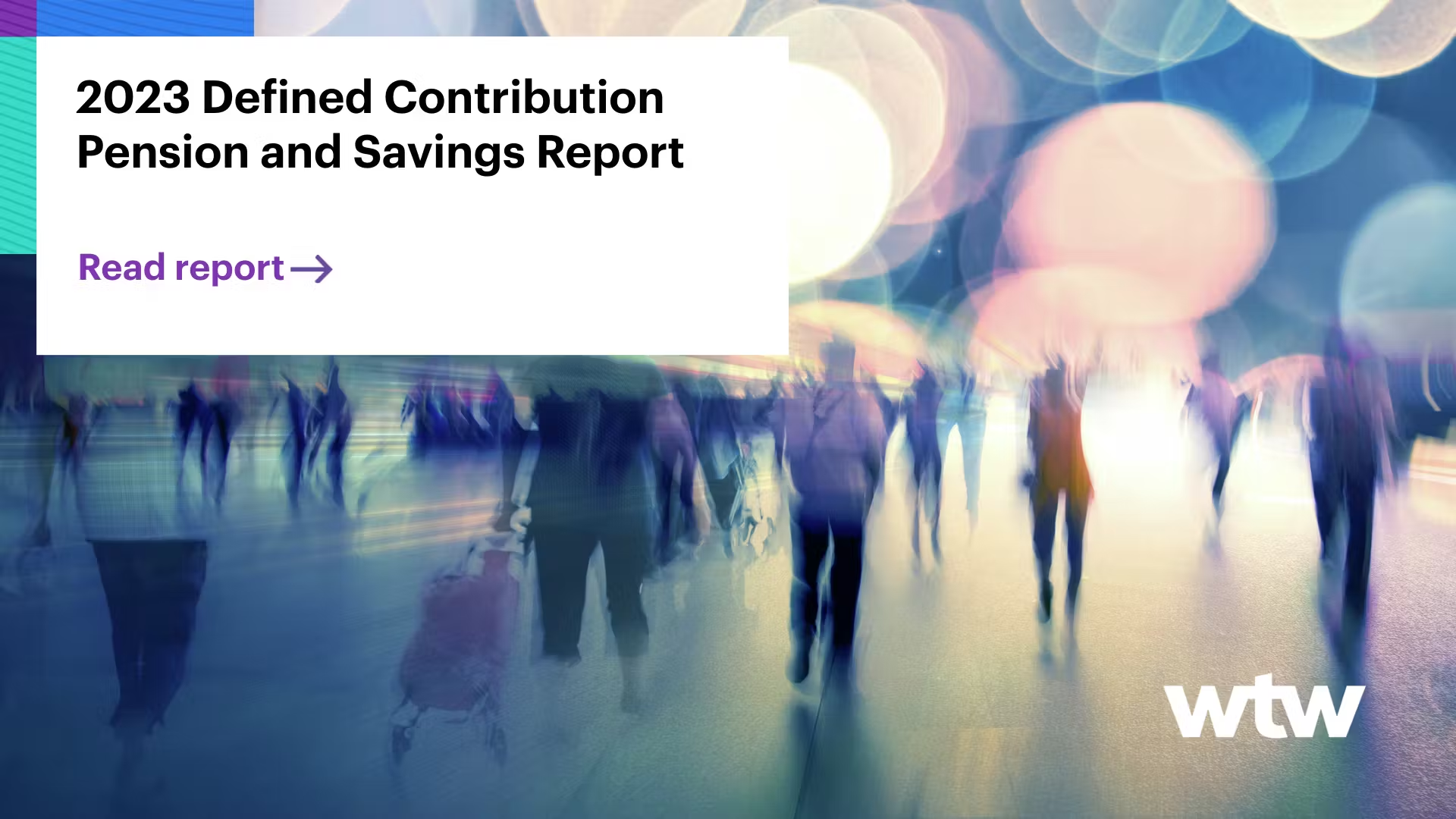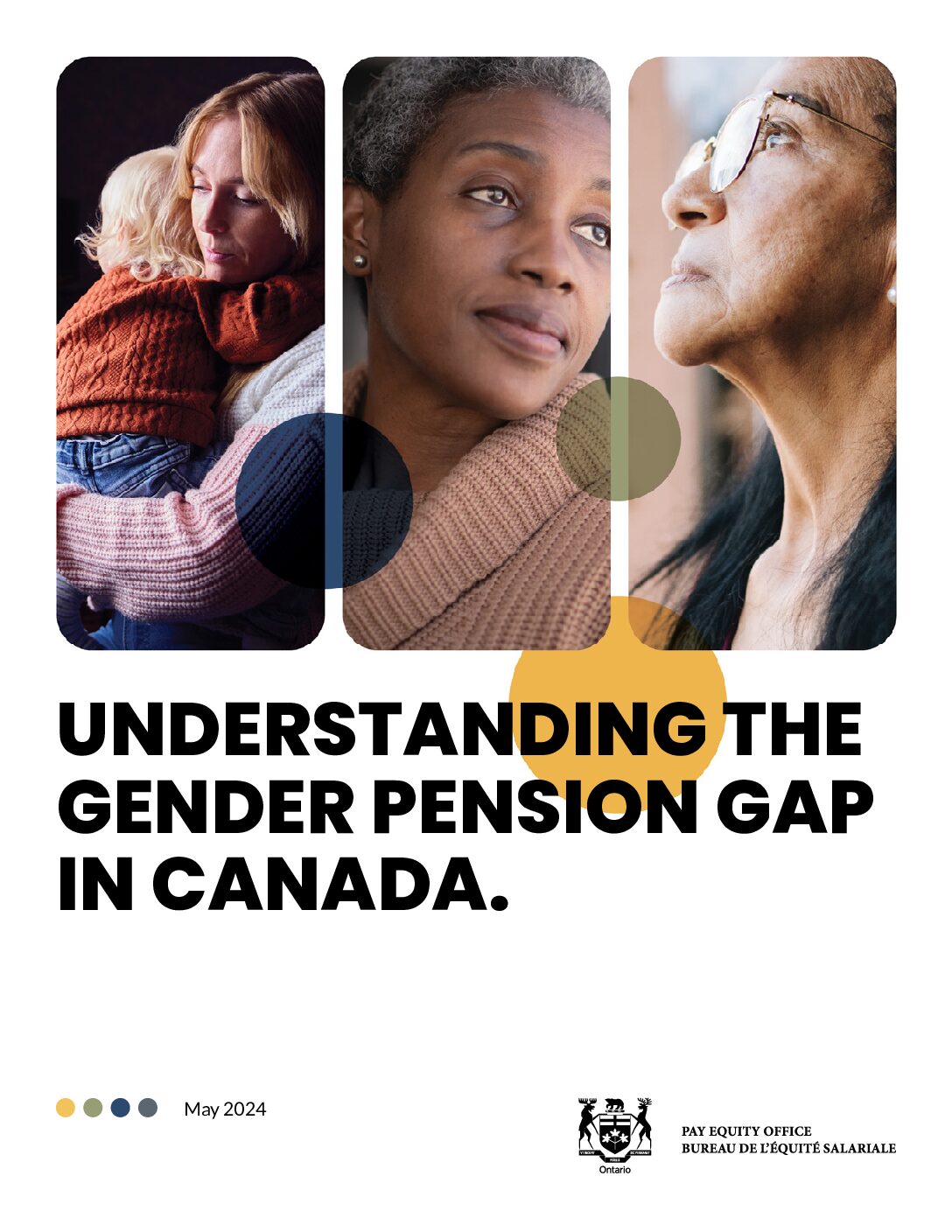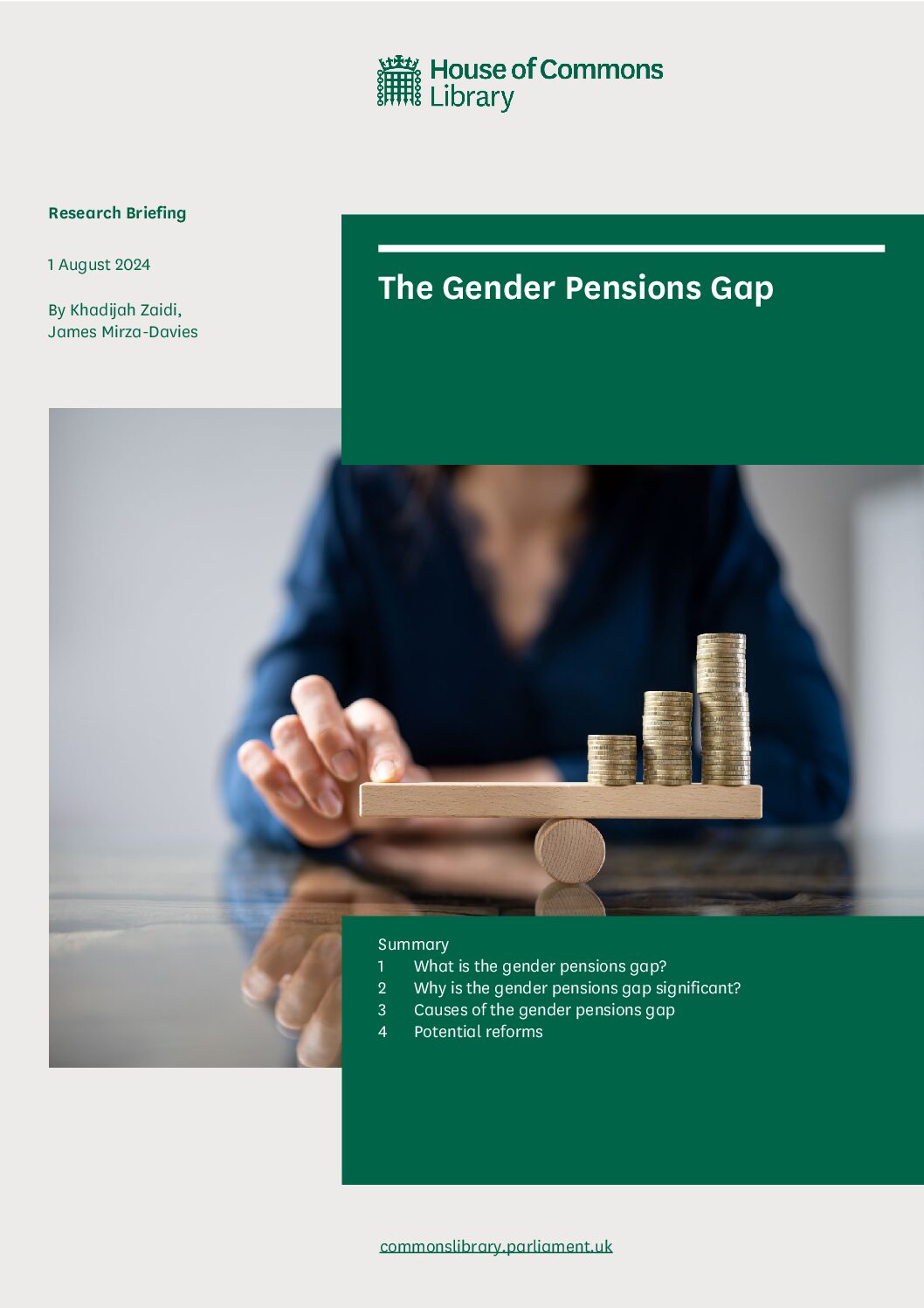2023 Defined Contribution Pension and Savings Report
By Gemma Burrows
___
Since our last survey, we have seen turmoil in investment markets, inflation rise into double-digit numbers and a cost-of-living crisis. How has this translated to the priorities organisations have set themselves for their DC provision?
Employee experience and financial wellbeing
Employee experience continues to be a key focus, topping our list of priorities for the next two years. In addition, many organisations continue to look to enhance support around financial wellbeing and to improve retirement outcomes for employees, with the number of companies targeting the latter seeing an 8-percentage point rise since the last report. This points to an ongoing focus on member outcomes over the near term.
Diversity, equity and inclusion (DEI)
DEI remains an area of growing interest for organisations, with more companies reporting it as a focus for their pension provision, compared to last year’s survey. While activity to date has been moderate, considerable activity is planned with between a third and a half of companies expecting to take significant steps to address this in the short term.
Plan design
The pace of change towards outsourcing provision is beginning to slow. 41% of employers with own trust schemes are considering a move to master trust over the next two years and 16% of contract-based are considering such a move. This marks a slowdown compared to prior years. Contribution rates have remained stable, but average rates hide wide variations in the generosity of provision, with some companies looking to use their retirement plan to differentiate them from their competitors and aid with attraction and retention.
Governance
Employers and plan sponsors recognise the need to continue to monitor their retirement provision, even after outsourcing to a master trust or contract-based provider, with 82% having or planning to have a formal oversight framework in place. The key area where organisations want to raise their focus is around the support offered to members as they approach retirement, with over half planning action in this area in the short term. With the difficulties decumulation decisions pose for members, this will be a valuable focus area to support member outcomes.
Investment and charges
The last decade has seen downward pressure on fees, as providers strive to remain competitive. Master trust now represents the lowest average fees, compared to contract-based plans, which showed the highest average. Master trust also continues to lead the way on incorporating environmental, social and governance (ESG) considerations within the default investment strategy.
While the government seeks to consult on the use of illiquid assets in investment strategies, our survey shows mixed views on the idea if it means an increase in fees in order to do so. 26% are in favour, 38% are against and 36% “don’t know”. This may reflect uncertainty around the value offered and a challenge for the market should this go ahead.
Retirement support
Nearly half of plan sponsors are looking to enhance their support ‘in the run-up to retirement’ and there is an opportunity to improve the range and availability of tools and services on offer. Nearly half of organisations (44%) offer a drawdown facility at retirement only via an ‘in-plan’ option, with 15% giving members a choice between an in-plan or third-party option. Nevertheless, 1 in 4 employers do not have a drawdown offering for members. With the Department for Work and Pensions (DWP) now suggesting a requirement be placed on trustees to offer a decumulation service that will provide support at the point of access, this is a potential gap to be addressed.











